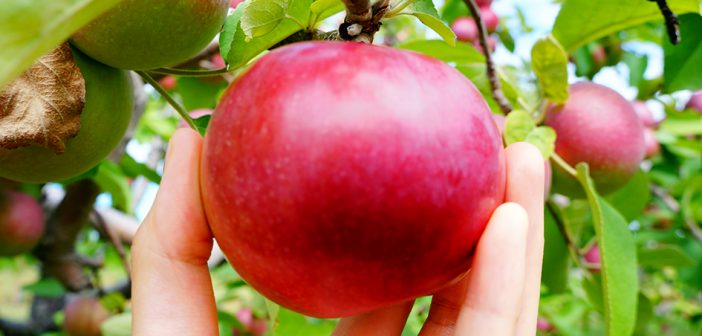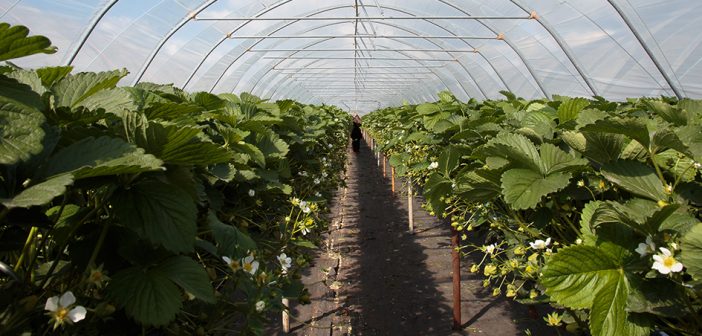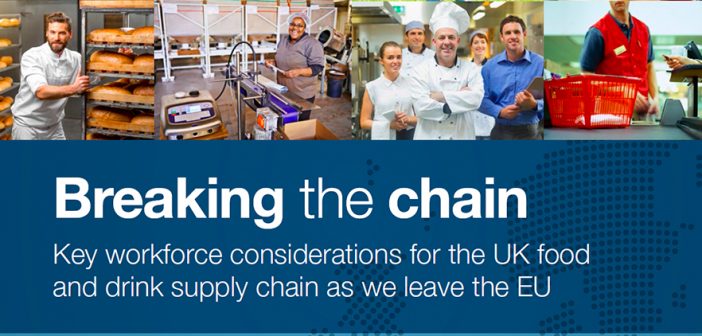A television documentary has helped the Scottish soft fruit industry highlight the importance of migrant labour.
The episode of the BBC documentary Landward visited Sylvia and James Clarke who grow 100 acres of fruit and vegetables in polytunnels at Wester Hardmuir near Nairn, as well as large fruit grower Ross Mitchell from Castleton Farm near Laurencekirk in Angus. The Clarkes employ some 20 students a year from countries including Poland, Lithuania and Slovakia, while Castleton Farm needs around 600 seasonal workers every year.
The programme followed a roundtable meeting in Edinburgh organised by the Migration Advisory Committee. Following the meeting, NFU Scotland horticulture committee chairman James Porter, who grows soft fruit as part of a mixed farming enterprise at East Scryne, said, “Access to workers remains a key priority, particularly for some very successful parts of our industry that are overwhelmingly dependent on non-UK harvest labour. For our soft fruit and vegetable sectors, there must be mechanisms put in place to allow access to those workers next year and ensure workers will be able to come to Scotland post-Brexit, in spring 2019.”
“This year, there has been a shortage of between 10 and 20% of seasonal workers coming from the EU – partly because of exchange rates, but also because of increasing affluence in other parts of the EU. This will get worse year on year.”

Photo Credit: PxHere
The post Scottish growers depend on migrants appeared first on Hort News.






